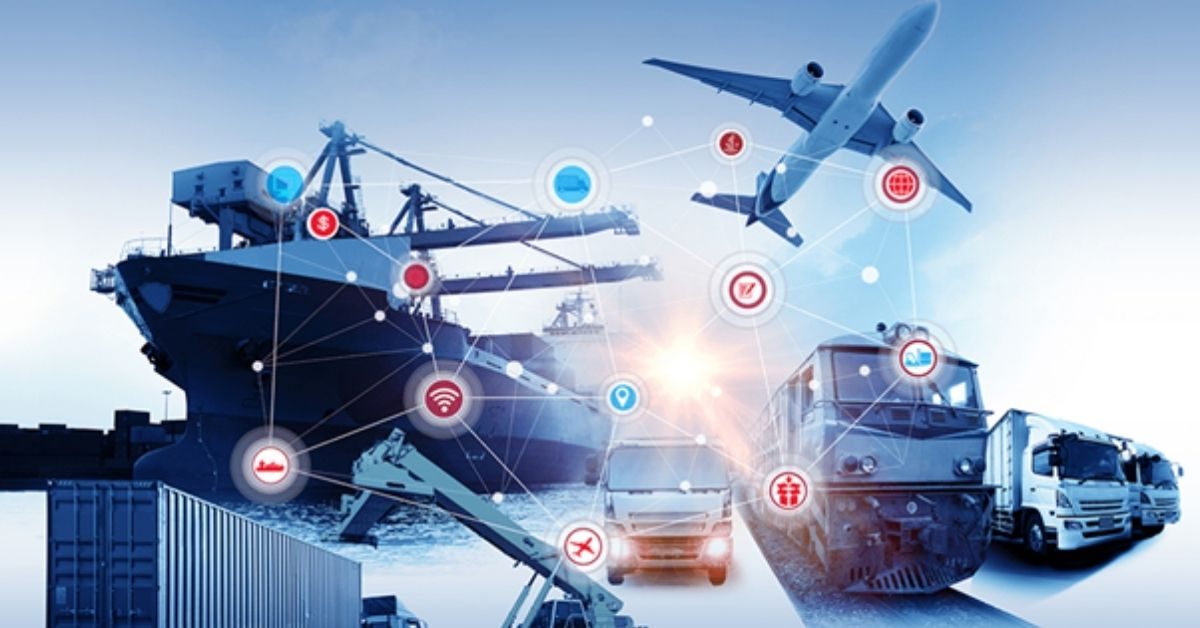The Third-Party Logistics (3PL) sector in India is set to grow phenomenally along with its key growth drivers including E-commerce, digitization, and infrastructure modernization. According to the recent report unveiled by Technavio, a leading global technology research and advisory company, the Indian 3PL market is set to grow by $10.74 billion at a CAGR of 8 per cent during 2021-2025. Mordor Intelligence, another study puts the growth of Indian 3PL at 11 per cent during the same forecast period.
The global 3PL market accounted for $1027.71 billion in 2019, and is expected to reach $1,789.94 billion by 2027 registering a CAGR of 7.1 per cent from 2020 to 2027. It is noteworthy that the Asia-Pacific (APAC) region claimed majority share in the global 3PL market in 2019. While, the Indian 3PL market remains to display its promise with the introduction of recent tax reforms, and the behavioural shifts in consumer patterns such as preference for online shopping, and other industry and government advantages to build capacity and infrastructure.
The recent reports on the 3PL market in India suggest that it is expected to be driven by growth in sectors like fast-moving consumer goods (FMCG), manufacturing, retail, and e-commerce, as they need dedicated logistics support and complex solutions for better management of their supply chain processes. These industries are keen on outsourcing logistics support to not only brings down their conventional costs but also to build-in operational competences in their industry-specific activities.
What do 3PL providers offer?
Third-party logistics (3PL) is the function by which a manufacturer subcontracts tasks related to logistics, distribution, and management of customs, which are essential to the supply chain. They offer dedicated services including inventory management, transportation management and brokerage, warehousing, consolidation, distribution and fulfilment, international logistics management, like air and ocean freight forwarding, and customs brokerage, etc.
The key 3PL services includes dedicated contract carriage (DCC), domestic transportation management, International transportation management, and warehousing and distribution.
3PL firms driven by increasing demand for industrial warehousing
Recent reports indicate that leasing of industrial and warehousing areas crossed 10.1 million sq ft in H1 2021, in the Indian metro cities like Bengaluru, Chennai, Delhi NCR, Mumbai, and Pune. This increase in demand has been put down to 3PL firms as well as e-commerce. The industry projections show that increased emphasis on essential activities by large businesses and subcontracting logistics to 3PL players has altered warehousing into a vital business segment. Besides this, Goods and services tax (GST) reforms are likely to increase the growth of this sub-sector in India.
It is estimated that the market value of warehousing in India is set to reach nearly $6 billion in 2025, from $2.1 billion in 2018. Industry reports also project growth of transportation logistics to be at $11.9 billion by 2025, witnessing a drastic leap from $3.5 billion in 2018.
3PL market in India
The Indian logistics market is progressing well owing to the technological and infrastructural developments in addition to various policy reforms taken by the government like introduction of e-way bills, fast-tag, e-invoicing, GPS-based toll collection, etc. It is estimated that the estimated size of the Indian logistics market is projected to reach $215 billion by 2022. Currently, logistics accounts for 14 per cent of India’s GDP cost, as against seven to eight per cent for developed countries, with the lack of automation being a major factor contributing to high costs.
However, with increasing technological penetration and fast evolving infrastructure, India stands at the crossroads – facing enormous opportunities for growth in the sector to equal global growth trends.
Digital transformation
The speedy pace of digital transformation is redefining Indian logistics. Automation, artificial intelligence, machine learning, data analytics, and the Internet of Things (IoT) are significantly contributing to increasing operational efficiency. Furthermore, the declining cost of technologies like cloud computing, GPS trackers, IoT sensors etc. is also enabling small scale logistics companies to update their systems.
Moreover, digitization of payments also has found increased adoption in India, particularly after the onset of the Covid-19 pandemic, and this has reduced the cash handling requirement of 3PL industry to some extent.
Infrastructure development
Infrastructural expansion like dedicated freight corridors, free trade warehousing zones, logistics parks, and container freight stations are expected to improve the efficiency of the Indian 3PL market. The National Highways Development Project was launched with an objective to expand India’s current expressway network of 2000 km and plans to add 18,637km of greenfield expressways by 2022. The Bharatmala project is aiming to construct 83,677 km of highways by 2024.
Government initiatives like National Infrastructure Pipeline, Sagarmala, and the recently introduced National Monetization Pipeline are expected to further give an enhancement to the 3PL market.
Future of 3PL in India
The 3PL sector in India is set for strong growth owing to new technological adaptation and enabling infrastructure. It is speculated that over the next few years, the 3PL sector might also evolve aggregator models. As India is aiming to move towards zero net emissions across industrial sectors, green logistics will likely become a vital segment.
Source: Technavio






